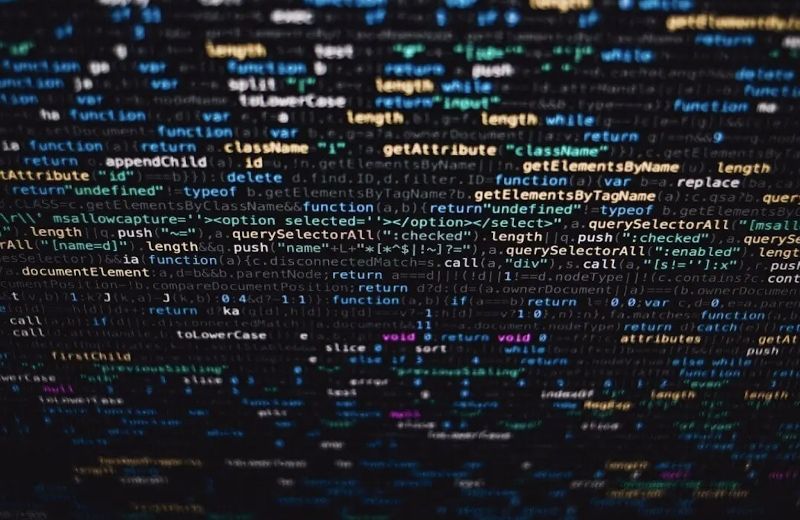14 Sep, 2023
Coding with Artificial Intelligence: Unveiling the Future of Programming

Coding with Artificial Intelligence: Unveiling the Future of Programming
14 Sep, 2023
Artificial Intelligence (AI) has been making waves across industries, from healthcare to finance, but one of its most transformative impacts is within the realm of coding and programming. The future of coding with AI promises to revolutionize the way software is developed, enabling developers to work smarter, faster, and more creatively. In this article, we'll delve into the exciting prospects of coding with AI and how it's shaping the future of programming.
1. Automated Code Generation
One of the most significant transformations AI brings to coding is automated code generation. AI-powered tools can analyze project requirements, design patterns, and data models to generate code snippets, templates, or even complete modules. This automation reduces the amount of routine coding work, allowing developers to focus on higher-level design and problem-solving.
2. Bug Detection and Debugging
AI can be an invaluable ally in identifying and fixing bugs and vulnerabilities in code. Machine learning algorithms can analyze codebases, detect anomalies, and provide insights into potential issues. This not only accelerates the debugging process but also enhances the overall quality and security of software.
3. Natural Language Programming
Natural Language Processing (NLP) enables developers to interact with AI in a more conversational manner. Developers can write code using plain language or describe their intentions, and AI tools can translate these descriptions into executable code. This bridges the gap between developers and non-technical stakeholders, making it easier to communicate project requirements and objectives.
4. Code Optimization
AI can optimize code for performance, scalability, and resource efficiency. It can suggest improvements, refactor code, and even predict future performance bottlenecks. These optimizations lead to faster and more efficient software development.
5. Auto-Documentation
Documentation is a vital but often neglected aspect of coding. AI-powered tools can automatically generate documentation, including comments, code explanations, and usage instructions. This not only saves time but also improves code maintainability and knowledge sharing within development teams.
6. Predictive Coding Assistance
AI-driven coding assistants can predict what code you are likely to write next, based on context and patterns in your codebase. They can offer auto-completions, suggestions, and code snippets, streamlining the coding process and reducing errors.
7. Code Reviews and Collaboration
AI can assist in code reviews by identifying issues, suggesting improvements, and ensuring compliance with coding standards. It can also facilitate collaboration by automating tasks like assigning code review tasks to team members.
8. Customized Development Environments
AI can personalize development environments based on individual developer preferences and work patterns. This includes optimizing code editors, suggesting relevant libraries and frameworks, and even adapting the user interface to streamline workflows.
9. Continuous Learning
AI-driven systems can continuously learn from developers' coding practices and adapt to their coding style and preferences. This leads to increasingly personalized and efficient coding assistance over time.
10. Enhanced Testing and Quality Assurance
AI can automate testing processes by generating test cases, predicting potential issues, and optimizing test coverage. This results in more robust and thoroughly tested software.
11. Ethical and Secure Coding
AI can help developers adhere to ethical coding practices and identify potential security vulnerabilities early in the development process. This is crucial as cybersecurity becomes a growing concern.
12. Accessible Development
AI tools can assist developers in creating accessible software that meets the needs of users with disabilities, contributing to a more inclusive digital world.
The future of coding with AI is promising, but it also raises questions about the role of human developers. While AI can automate many routine tasks, it cannot replace the creativity, critical thinking, and problem-solving skills of humans. Instead, AI will augment developers' capabilities, allowing them to focus on higher-level tasks and innovation.
As AI continues to evolve, it will become an indispensable tool for developers, enabling them to tackle complex challenges and accelerate the pace of software development. Developers who embrace AI as a partner in their work will be at the forefront of the coding revolution, shaping the future of programming and building a more efficient, creative, and sustainable software development ecosystem.

